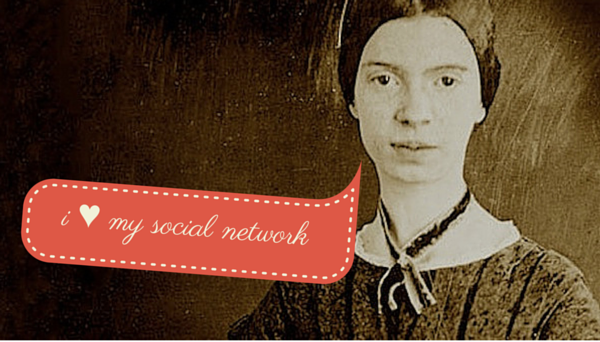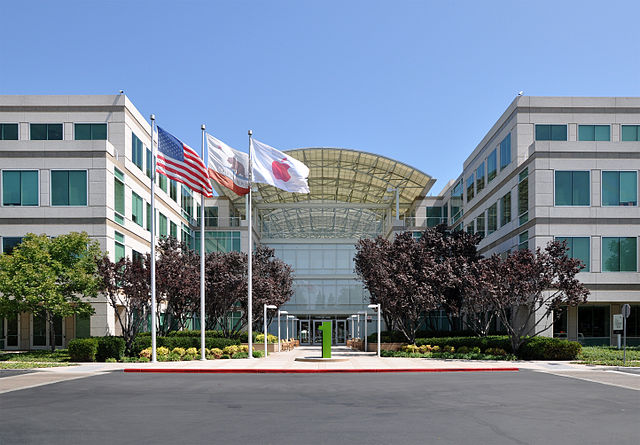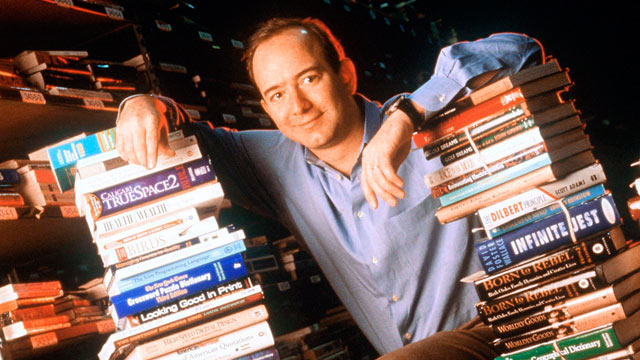When you work in an office with a small team, it’s easy to cultivate a culture of co-dependence. After all, the email, the document, or the customer name that you need is just a shoulder tap away.
But relying on other people for information causes unnecessary friction in your workflow and directly hinders everyone’s productivity. Every time you tap someone on the shoulder you assume that what you need is more important than what they’re doing. It creates an entire culture around disruptiveness, where no one hesitates to interrupt their peers for their own needs.

Wouldn’t it be great if you didn’t have to ask anyone for information? If it were just readily available, right at your fingertips? For remote companies, it has to be this way.
Because remote companies tend to have employees scattered across the world, they are forced to put truly strong systems in place. As a result, everyone in a remote company is as productive as possible, because no one has to rely on other people to get the information they need.









